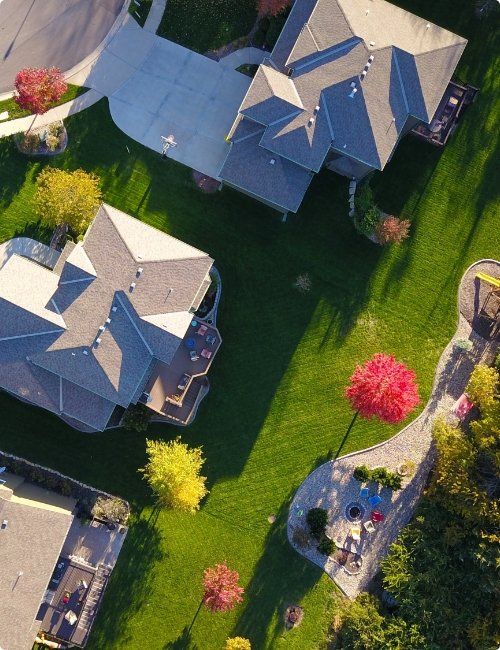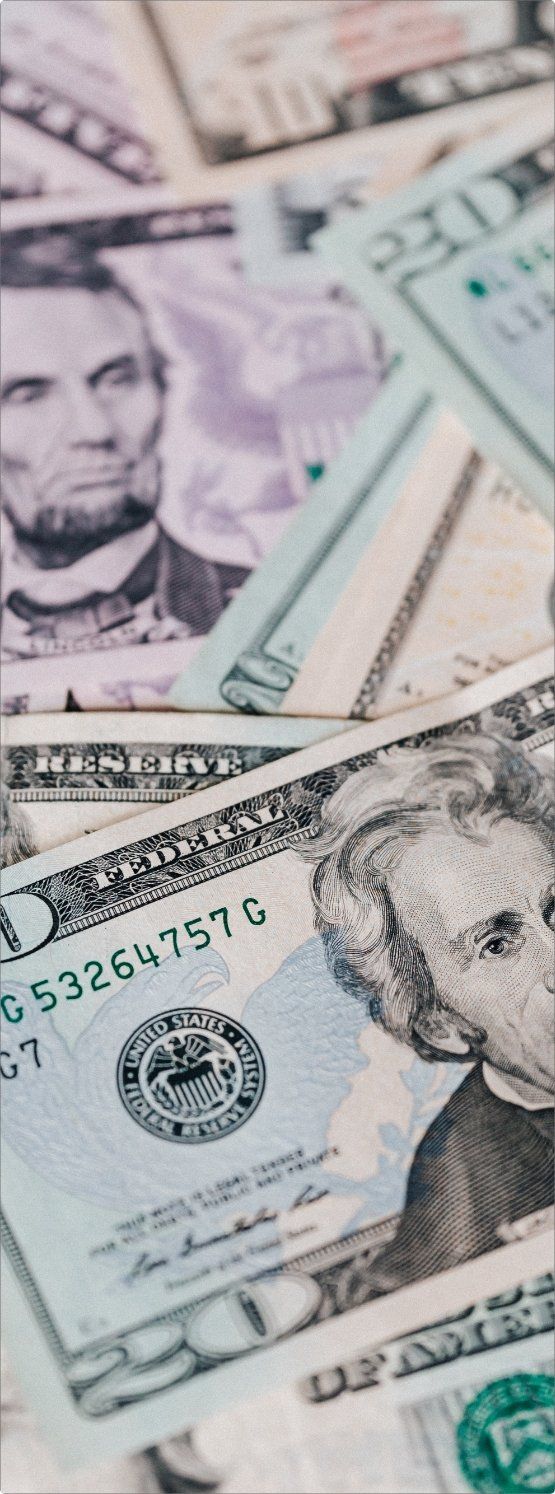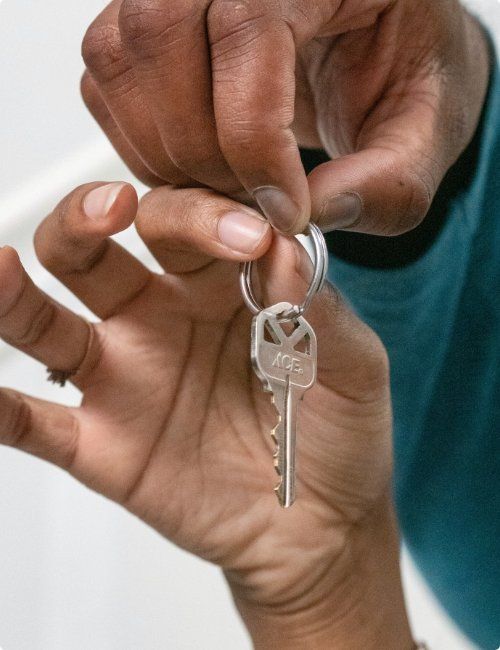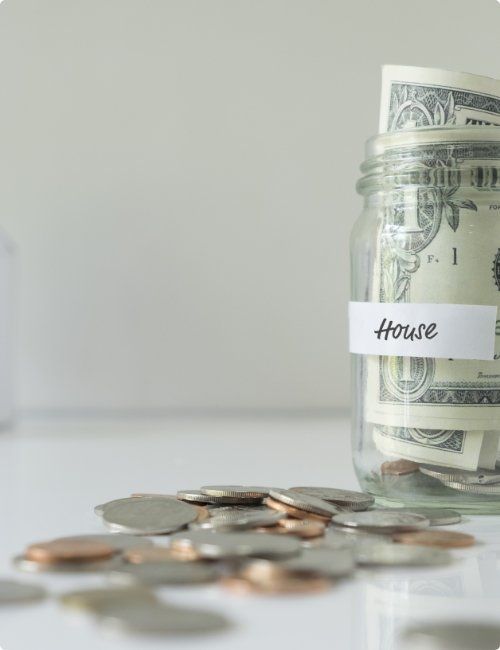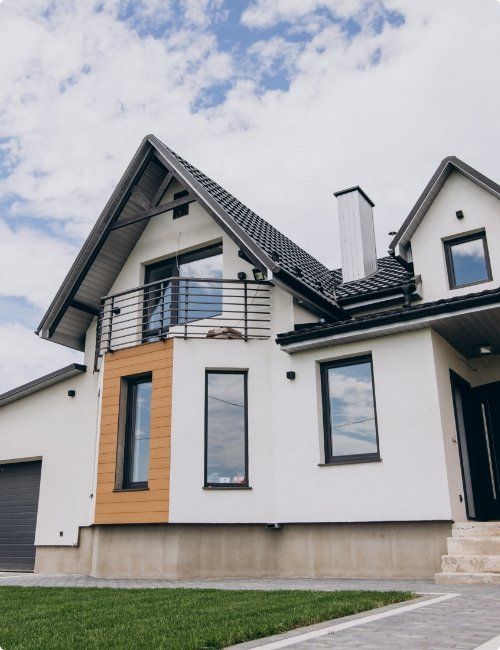How to Budget for your First Home
Look out for these fees before you buy!
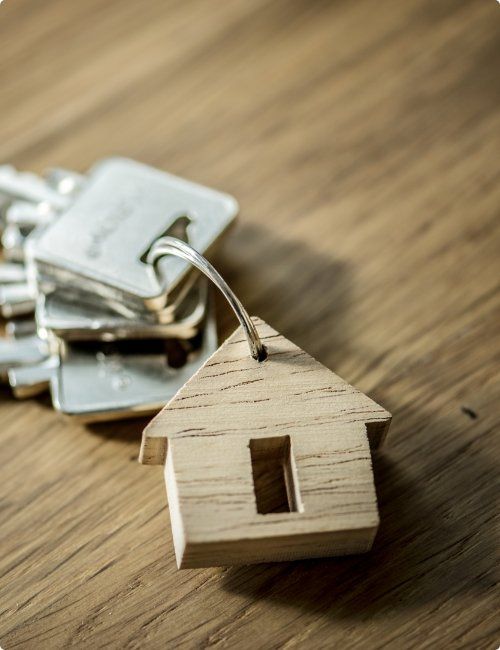
When it comes to buying a home, there’s a lot you have to plan for—monthly mortgage payments, home insurance, and all the extra fees that pop up when you sign the paperwork on your new home.
Not to mention, you’ll have to plan for the costs of homeownership along with the costs of daily life.
It’s not unusual to feel overwhelmed, especially for first-time homebuyers.
You’ll probably be working overtime as your own financial planner (unless you can afford to hire one).
Fortunately, some careful planning before you buy your dream home can help make financial planning a much easier task.
Whether you’re already feeling the burden of budgeting for your expenses, or you’re just beginning your home-buying journey, keep reading!
We’ll explain the extra costs of homeownership you might not know about, and how you can plan for them.
Your Mortgage
When budgeting for your new home, the first thing that’ll come up is your mortgage.
Think of it as the foundation of all the expenses that come with buying a home.
Consider your loan term first. The two most common terms are 15 years and 30 years—a 30-year term is far more common.
So, let’s say you take out a 30-year, $400,00 fixed-rate mortgage with a 3% interest rate. That interest rate is pretty low, and at $1,686 per month, it might seem like a good fit for your budget.
Well, we can’t forget about interest.
You’ll pay an extra $207,110 towards interest on top of your $400,000 loan principal.
That’s profit for the bank.
With a 15-year loan term, you’ll avoid paying as much interest, but in that same scenario, your monthly payment would be a whopping $2,762.
You’ll need to decide between a fixed or variable interest rate too. Variable interest could save you a lot of money, but it comes with some serious risks.
Overall, you’ll need to be prepared to pay the bank a whole lot of interest over time if a shorter loan term doesn’t work for your budget.
Other Fees
With your mortgage costs out of the way, let’s dive into the other fees that will likely come up during the home-buying process. Some of these fees are tacked onto your closing costs, while others may be ongoing.
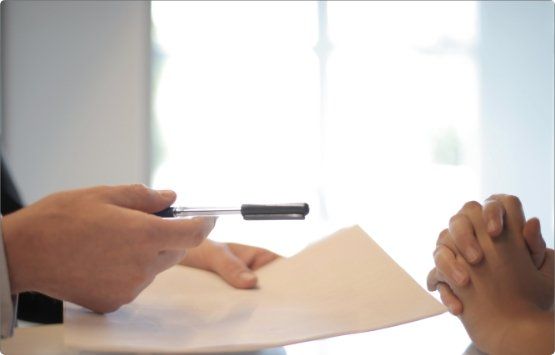
Title Fees
When you buy a home, the title will need to be transferred from the seller’s name to your name.
Think of title fees as the stake to your claim on a property.
Typically, you’ll need to pay for a title search to make sure no one else has a claim to your new home.
After that, you’ll pay for the title itself, and your lender may ask you to pay title insurance to ensure their loan is protected and legal.
When it’s all said and done, you can expect to pay $100 - $200 for a title search, and 0.5 - 1.5% of your purchase price for title insurance (as a one-time fee).
Origination & Document Preparation Fees
Your lender has to make money for their services.
As a result, origination, underwriting, and document preparation fees will usually be added to your closing costs. Your origination fees will typically cost 0.5% - 1.0% of your loan amount, so you may be able to pay these fees outright. If underwriting fees aren’t included in your origination fee, they’ll typically cost another $300 - $1000.
Beware of junk fees! In some cases, your lender might add extra fees to put more money in their pocket.
Beware of unusually high prices for underwriting, loan processing, and broker rebates.

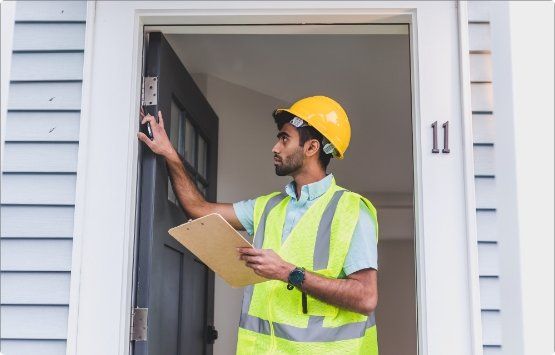
Appraisal & Inspection Fees
Before your lender approves your loan amount, they’ll send an appraiser to judge your loan-to-value ratio.
Essentially, the lender wants to see if the value of the home is worth the loan they’re offering.
The lower your ratio is, the better off you’ll be.
A higher ratio makes you a greater risk for the lender, and they might force you to pay a higher interest rate and/or private mortgage insurance.
An appraisal will typically cost you $300 - $1,200.
Next, your lender will probably require an inspection to ensure your home doesn’t have any major structural damage. This works in your favor, because the inspector may notice an issue that you didn’t
Still, you’ll end up paying—generally $200 - $500 depending on your location.
Homeowner’s & Private Mortgage Insurance
Homeowner’s insurance is another hefty expense, but you’ll probably want it. It’ll protect your home and possessions in case of a fire, natural disaster, or theft.
The national average (as of 2021) for homeowner’s insurance is $1,015 per year. But this number will vary by location, your home’s value, and the coverage option you choose.
Like we mentioned earlier, private mortgage insurance (PMI) is another fee that your lender might require you to pay if they decide your loan is a risk.
PMI can be a result of a high loan-to-value ratio, but it’s typically due to a down payment of less than 20% of your loan amount.
Remember our loan scenario? Take the same 30-year, $400,000 loan with a 3% interest rate. If you can only afford a 10% down payment, you’ll pay $296 per month on top of your monthly mortgage payment!
Usually, you’ll continue paying PMI until your mortgage balance reaches 78% of what you originally paid for the home.
For reference, PMI costs anywhere from 0.5% - 1.9% of your loan amount each year.
Taxes, Escrow, & HOA Fees
Both your property taxes and HOA fees will depend specifically on the location of your new home. So, you’ll need to do some research on your home, but you should expect to pay the first couple of months of property taxes at closing. HOA fees will depend on your neighborhood and the extras it provides. Your neighborhood might not even ask that you pay HOA fees, but if they do, you’ll probably pay $200 - $800 per month. Finally, escrow fees will be included in your closing costs. Funds will be held in an escrow account and distributed for:
- Local taxes
- Homeowner’s insurance
- Real-estate attorney fees
- Origination fees
Typically, escrow fees will cost 1 - 2% of the price you paid for your home.
Your Total
7. Inspection & Appraisal
You can only see so much during your house showing, so it’s vital to call in an expert to inspect the home after you’ve signed the paperwork.
The inspector will check for any significant damage in the home, and they’ll typically give you more information on the guts of the home.
After an inspection, you’ll be able to ask the seller to pay for any damages.
Finally, the lender will send an appraiser after you’ve signed the mortgage paperwork.
This is where things can get tricky:
If your appraisal is low, your lender won’t approve your loan amount. In this case, you’d have to pay back the difference between the appraisal and your offer price.
If your appraisal is at your offer price, you’re good to go.
And if your appraisal comes in above your offer price, great! You’ll be buying a home below its market value.
8. Move-in!
This one is pretty straightforward. Close with the seller, set up your utilities, and enjoy your new home.
But before you go, we have one more step that we want to share with you.
9. Save from the Start
Home buying is never going to be an inexpensive task.
The problem is, you’ll end up paying hundreds of thousands in unnecessary interest payments by the end of your loan term.
We believe the home-buying process should be more about enjoying your first house than worrying about debt payments.
That’s why we created the Money Max Account.
It’s an all-in-one account and financial tool designed to help you get out of debt as soon as possible.
In as little as 7-10 years, you could have your first mortgage (and any other debts) paid off.
And while the Money Max Account works for anyone and everyone, it’ll help you save even more as a first-time buyer.
Why put more unnecessary interest in your lender’s pocket when you could spend your money on the things that matter: your family, your home, and your lifestyle?
The answer is pretty obvious, right?
The Money Max Account was created to help people everywhere save their money for the things that matter most.
Money Max has already helped homeowners save over $2 billion.
If you’re ready to add your debts to that number, visit our website or give us a call. Our representatives are standing by to answer all of your questions.
Phone: (877) 794-5700
Fax: (716) 799-1155
Browse Our Website
Email:
COntact Information
Address:
3960 Harlem Rd Ste 12B
Amherst, New York 14226
Business Hours
Monday: 10-5
Tuesday: 10-5
Wednesday: 10-5
Thursday: 10-5
Friday: 10-5
Saturday: Closed
Sunday: Closed

